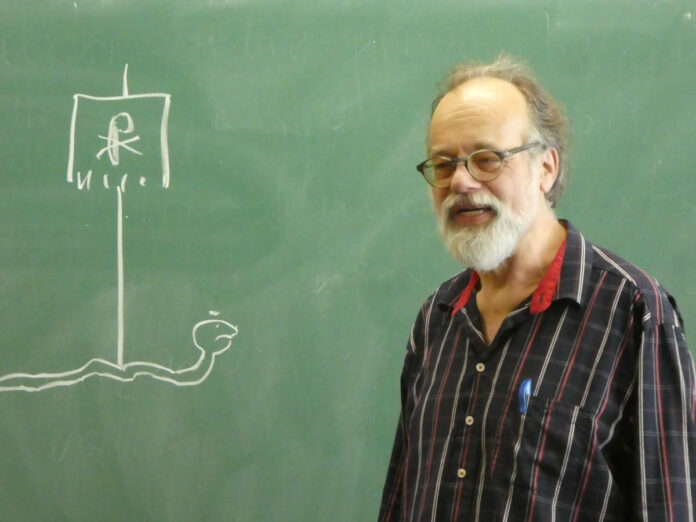
Wolfram Weiser is dead. He died after a short, serious illness on 6 February at the age of only 67 in the University Hospital of Cologne.
After graduating from the Arndt-Gymnasium in Krefeld, he did his military service and left the Bundeswehr as a reserve lieutenant. He then studied history, economics, Latin and Greek in Cologne. His focus was always on ancient coins, a subject that had fascinated him since his student days. He received his doctorate under the supervision of Prof Dr Reinhold Merkelbach and wrote his dissertation on the Bithynian bronze coins of Nikaia from the Imperial Period. In 1997 he was appointed honorary professor of ancient history with a special emphasis on numismatics at the Faculty of Arts and Humanities of the University of Cologne. In 1999 he received the honorary prize of the Gesellschaft für Internationale Geldgeschichte (Society for International Monetary History).
Since he did not receive any income from his academic career, he also worked as a freelancer and wrote auction catalogues as well as texts for collections for various clients. He also liked to offer advice to collectors and other coin enthusiasts. At his core, however, he was a whole-hearted scholar. He constantly published essays and treatises in several magazines, commemorative or other special publications that covered an ever increasing field of research: he started with ancient coins from Asia Minor, soon he also wrote about Byzantine seals, then about medals and other numismatic issues from many areas of European and Asian numismatics. Many of his published findings were widely adopted, sometimes without a reference to him.
Wolfram Weiser was a committed university lecturer. He gladly accepted his unpaid teaching position every term and was actually looking forward to completing one hundred semesters of teaching. Unfortunately, he did not live to see this come true. Two books are still waiting to be published posthumously.
As an enthusiastic family man, gardener and choir singer, he balanced his research with a fulfilled private life. His ingenious wit and his spirited manner could still be experienced on his last days in the University Hospital when he said that, following his loyalty to the University of Cologne, he had merely made the transition from the Faculty of Arts and Humanities to the Faculty of Medicine…
For more information and a selection of his publications, see Wolfram Weiser’s entry on Wikipedia (in German).


